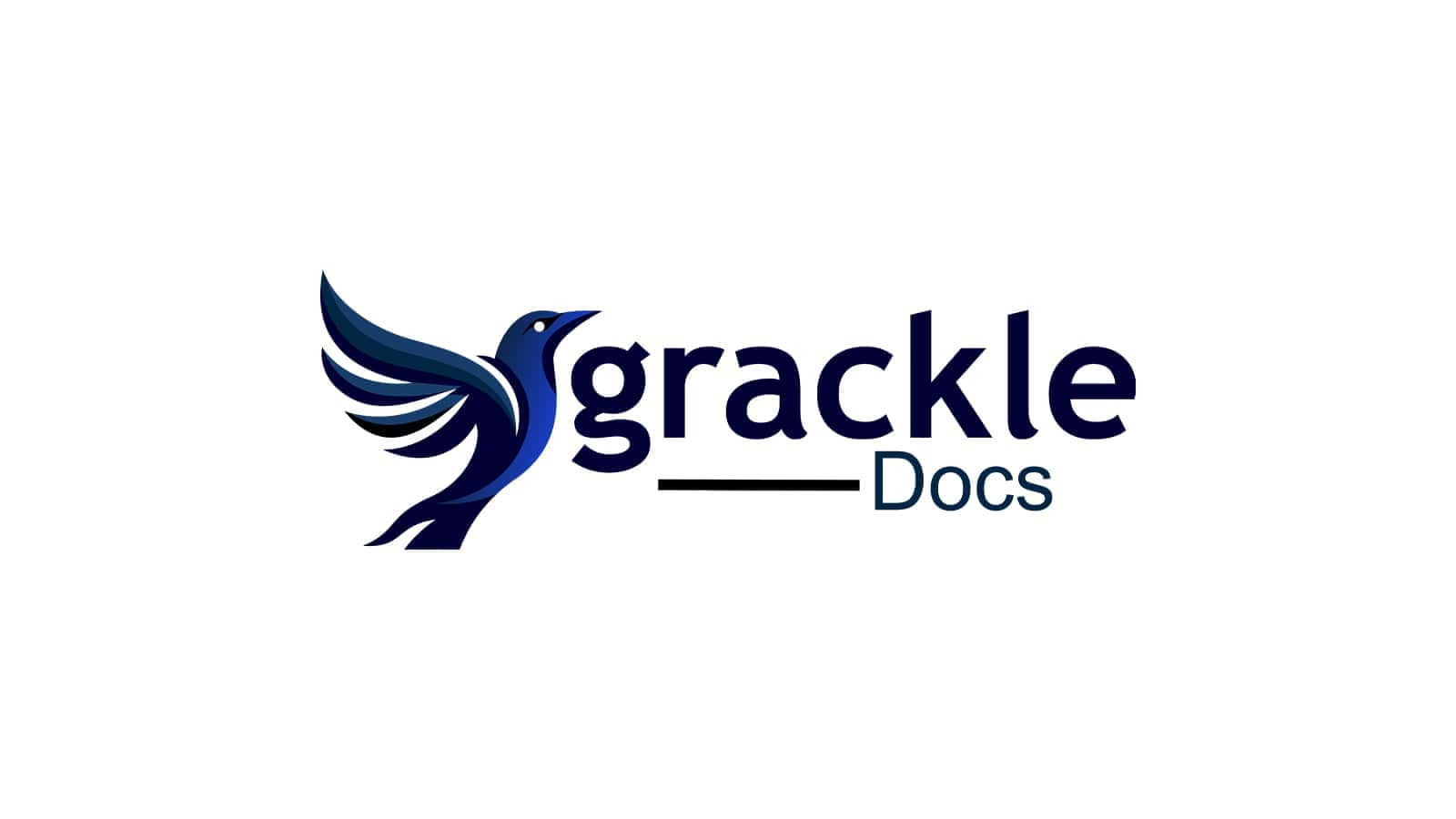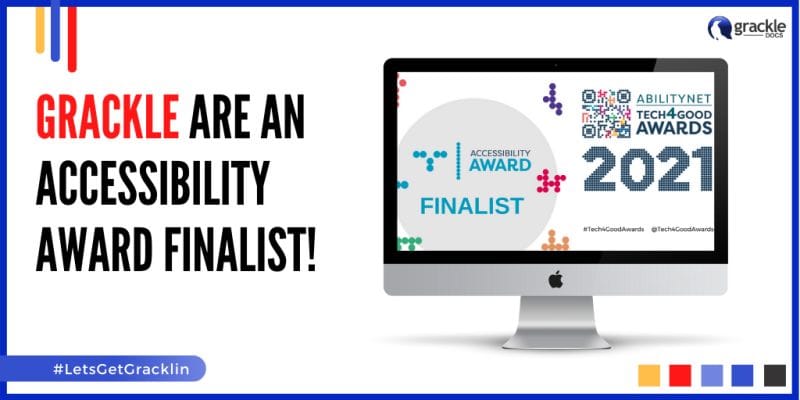In Ontario, the Accessibility for Ontarians with Disabilities Act (AODA) stands as a beacon, emphasizing the crucial role of making online spaces inclusive for all. But what happens to organizations that lag, failing to achieve digital accessibility and AODA compliance by the stipulated deadline? The consequences can affect businesses on multiple fronts.
Financial Implications
Non-compliance with AODA standards can lead to hefty financial penalties for organizations. Depending on the size and nature of the business, these fines can vary significantly. For corporations and businesses, fines can go up to $100,000 each day the violation continues. For directors and officers of a corporation, daily penalties can reach $50,000. Beyond the immediate penalties, organizations might also face potential lawsuits or litigation costs, adding to the financial strain.
Reputational Damage
In the age of social media and instant information dissemination, the reputation of a business is invaluable. Failing to ensure digital accessibility can result in negative publicity, especially given the increasing emphasis on inclusivity and equity in contemporary discourse. Organizations that aren’t compliant risk being viewed as outdated, uncaring, or discriminatory, which can drive away potential customers, partners, and employees.
Reduced Market Reach
Statistics Canada shows over 22% of Canadians have at least one disability. Digital inaccessibility means potentially missing out on a significant customer segment. Websites, apps, or platforms that aren’t inclusive may alienate a vast demographic, translating to lost business opportunities and reduced revenue potential.
Operational Challenges
Inaccessibility doesn’t just impact external users; it can pose significant challenges internally. Employees with disabilities might find it challenging to navigate non-compliant digital infrastructures, leading to reduced efficiency and productivity. Organizations might also face increased turnover rates if they cannot offer an inclusive digital working environment.
Stunted Innovation
Innovation thrives when diverse perspectives are integrated. By ensuring digital accessibility, organizations open doors to insights and experiences from a broader demographic. Non-compliance can stifle potential collaborations, ideas, and growth opportunities.
Legal Complications
Beyond AODA, there are various international accessibility laws and standards. Organizations operating globally or looking to expand internationally must be aware of these regulations. Failing to align with these standards can lead to complex legal battles and unnecessary complications, hindering international operations and partnerships.
The Way Forward
Understanding the implications of non-compliance is essential, but it’s equally crucial to recognize the benefits of embracing digital accessibility:
- Enhanced User Experience: AODA-compliant websites and platforms often offer a smoother and more user-friendly experience for all users, not just those with disabilities.
- SEO Boost: Search engines prioritize accessible websites, leading to better search rankings.
- Positive Brand Image: Demonstrating a commitment to inclusivity can boost an organization’s image, fostering stakeholder trust and loyalty.
Adopting a proactive approach towards AODA compliance isn’t just about avoiding penalties. It’s about recognizing the role of businesses in building an inclusive, equitable digital future. With 2025 approaching, the time for organizations to act is now.
By ensuring digital accessibility, businesses can drive growth, foster innovation, and champion a more inclusive digital landscape for all.



